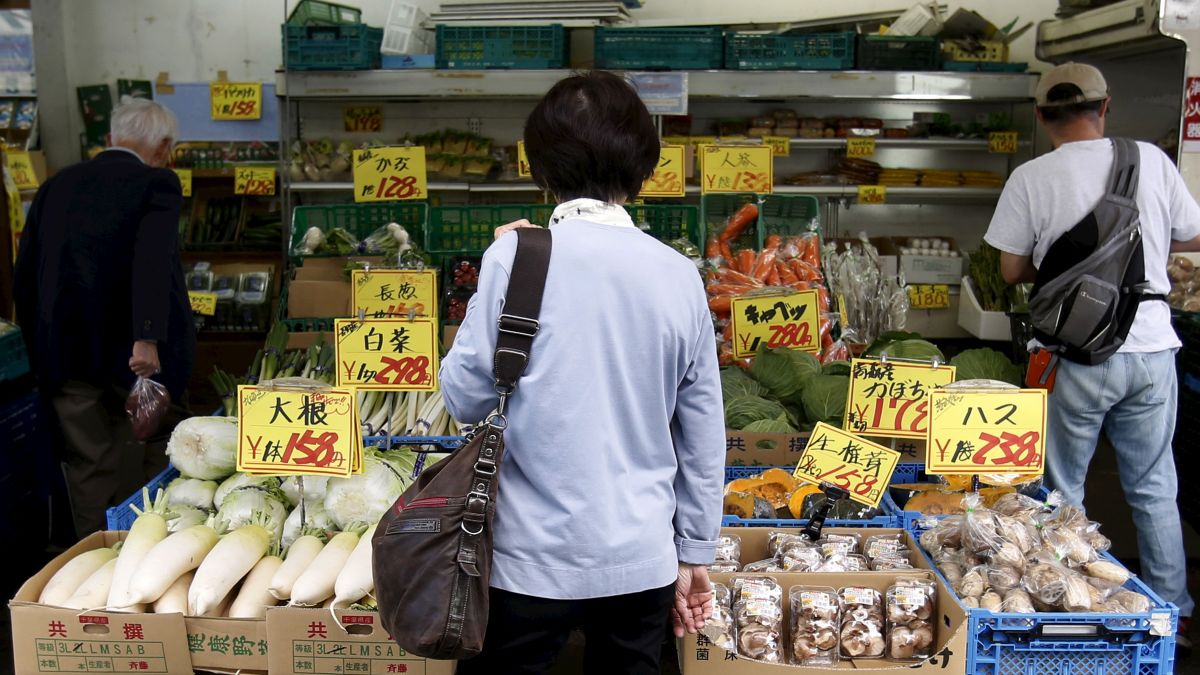New Delhi: India should not apply service tax on overflights by foreign airlines, extra baggage, global distribution systems and international tickets, world airlines body IATA said today, as it suggested smarter regulation to make it easier for the industry to do aviation business here.
“The application of service tax should be aligned with a principle that it does not apply to services rendered outside of India including those for overflight charges, global distribution systems, extra baggage fees and international tickets,” IATA director general and CEO Tony Tyler said in New Delhi.
Observing that there was a need to follow international treaties that protect airlines from double-taxation on income, he suggested that the incoming GST regime should also “zero-rate international air transport services in line with OECD guidelines”.
Addressing a conference organized by IATA, the civil aviation ministry and CII in the presence of Civil Aviation Minister Ashok Gajapathi Raju, Tyler stressed the need to avoid double-taxation within India “in situations where airlines are effectively taxed on taxes collected.”
He urged the government to grant ‘declared goods’ status for jet fuel which would limit taxation to four percent.
“The decision to introduce competition in jet fuel supply at key airports needs to be followed up with open access to the pipelines that get fuel to the airport in order for efficiencies of a liberalised market to be realised,” he said.
“India needs smarter regulation. This essentially means taking a business-like approach to regulation using common-sense and proven principles.
“These include targeting regulation to address real issues, using global standards where they exist, satisfying a rigorous cost benefit analysis and consultation with industry,” the IATA chief said, adding such regulations would help “avoid the angst involved in unwinding mistakes.”
In his speech, the minister said there were different laws and regulations in different countries and India would have to develop its own, keeping in mind the prevailing circumstances.
In a bid to slash airport charges, Tyler also urged the government to “overcome legal challenges which prevent AERA’s recommendation for a 78 percent reduction in Delhi’s airport charges from being implemented.”
He stressed the need for allowing the Airports Economic Regulatory Authority (AERA) to do its work “independently”.
PTI


)




)
)
)
)
)
)
)
)